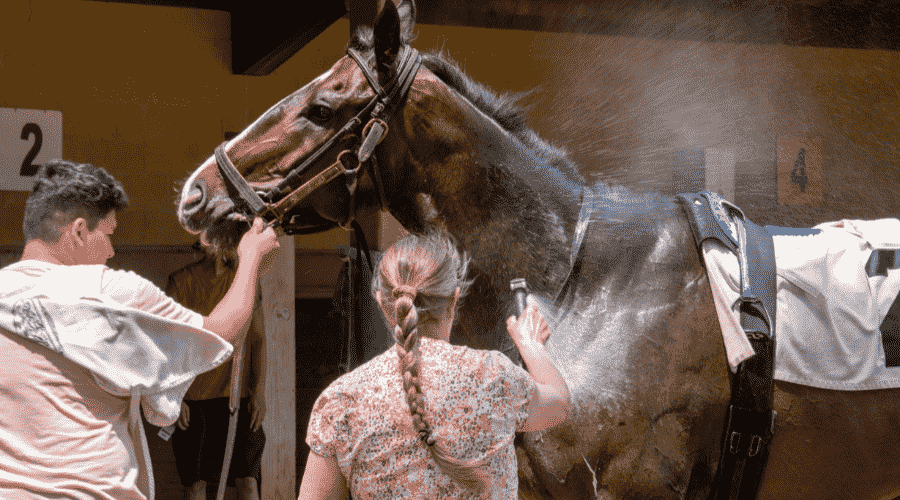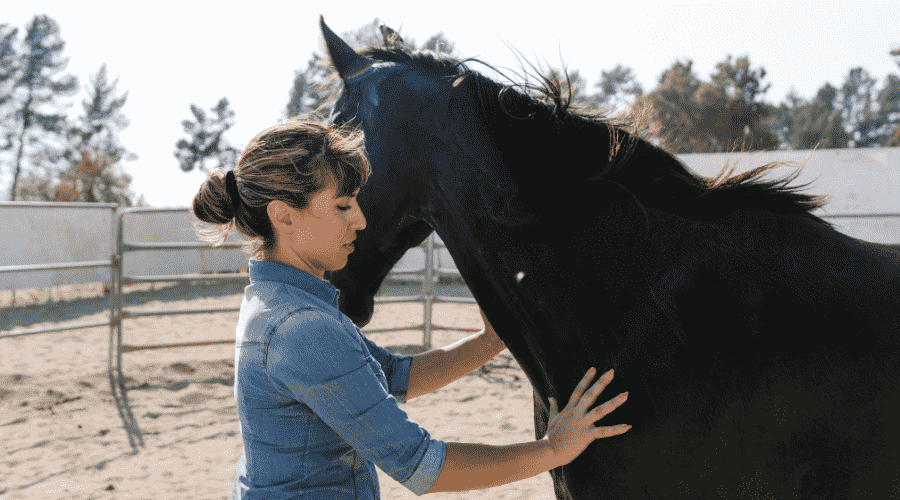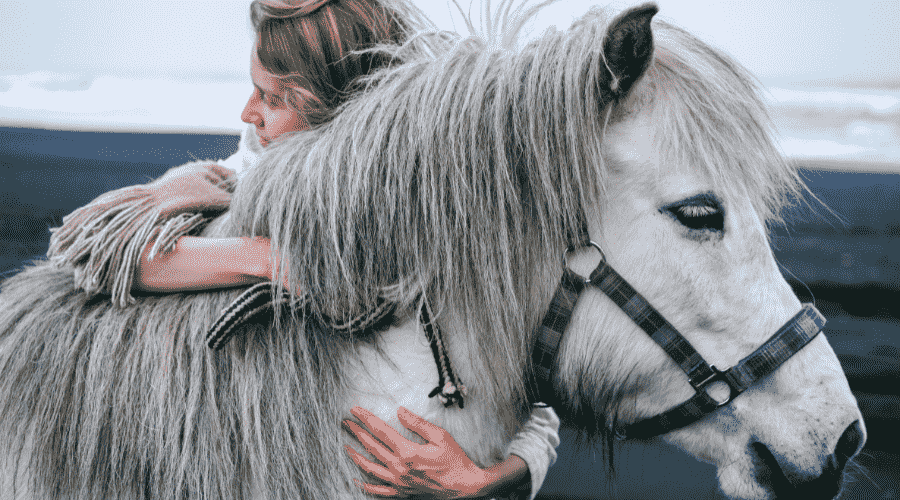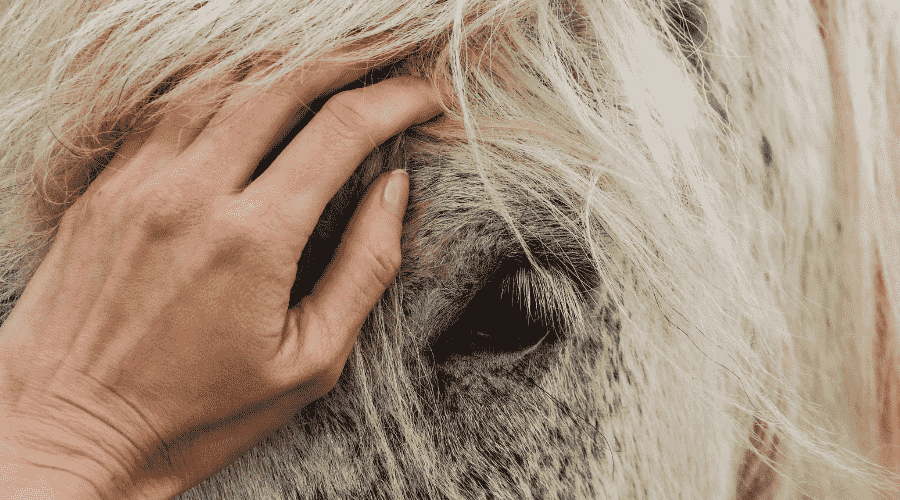Regarding equine companions, ensuring their well-being is a top priority. Healthy Horses, often called ‘healthy as a horse,’ can face health challenges requiring attention. From addressing sickness in horses to understanding the complexities of viruses in horses, proactive measures are essential. This is where the realm of equine medicine comes into play. It tackles existing health issues and contributes to equine health and performance enhancement. By combining our understanding of common health problems, symptoms of sickness, and the vital role of equine medicine, we can create a comprehensive approach to nurture these magnificent animals’ overall health and performance.
Common Horse Health Issues
Respiratory problems arise from inadequate stable conditions, causing coughing and labored breathing. Colic, characterized by abdominal pain, results from digestive issues, leading to discomfort and restlessness. Lameness, common due to injuries or joint problems, requires prompt attention to prevent complications. Internal and external parasites affect well-being; regular deworming and hygiene mitigate risks. Dental problems impacting eating necessitate routine checks for maintenance.
Respiratory Problems
Horses can suffer from respiratory issues, often exacerbated by poor stable conditions or irritant exposure. Symptoms may include coughing, nasal discharge, and labored breathing.
Colic
Colic refers to abdominal pain in horses, often caused by digestive disturbances or impactions. Colic symptoms can vary but generally involve discomfort, restlessness, and rolling.
Lameness
Lameness can result from various factors such as injuries, joint issues, or improper hoof care. It’s important to address lameness promptly to prevent further complications.
Parasites
Internal and external parasites can compromise a horse’s health. Regular deworming and proper stable hygiene can help prevent infestations.
Dental Problems
Dental problems may make a horse unable to eat, which might result in weight loss. Regular dental exams and flopping (file down points on teeth that are sharp) are needed.
Viral Infections
Equine herpesvirus and equine influenza are two viruses that may infect horses. To stop epidemics, vaccinations and biosecurity measures are essential.

Preventive Measures
Maintaining equine health entails proactive steps. Nutrition tailored by age and activity, plus ample forage and water, aids digestion. Regular exercise ensures physical and mental fitness, reducing obesity and stiffness risks. Vaccinations, scheduled with vets, prevent contagious diseases. Deworming, manure management, and pasture rotation curb parasites. Stress management through routine consistency and companionship fosters well-being.
Nutrition
Healthy horses require a balanced diet tailored to the horse’s age, activity level, and health condition is fundamental. Access to fresh forage and water is essential for digestion and hydration.
Regular Exercise
Exercise not only keeps horses physically fit but also supports their mental well-being. Regular turnout and appropriate exercise routines help prevent obesity and stiffness.
Vaccinations
Vaccinations protect horses from contagious and potentially life-threatening diseases. Consult your veterinarian to establish a vaccination schedule suitable for your horse’s needs.
Parasite Control
Regular deworming, manure management, and pasture rotation help control parasite populations and minimize the risk of infestations.
Dental Care
Schedule routine dental exams and floating to ensure proper chewing and digestion. Addressing dental issues promptly can prevent weight loss and discomfort.
Stress Management
Horses are sensitive creatures, and stress can compromise their immune systems and change horse behavior. Minimize changes in routine, provide companionship, and create a calm environment.
You may also like: Mastering Horse Riding Techniques: From Western to English

Importance of Regular Veterinary Care
Routine vet care is paramount. Early issue detection prevents complications. Personalized care is adjusted according to individual equine traits. Vaccinations and deworming bolster health. Dental upkeep aids comfort. Injuries are treated promptly.
Early Detection
Veterinarians can identify potential health issues in their early stages, allowing for timely intervention and preventing more serious complications.
Proper Healthcare
Veterinary care can provide personalized care based on a horse’s needs, considering factors such as horse breed, age, and activity level.
Vaccination and Deworming
Professionals can administer vaccines and deworming treatments according to a precise schedule, ensuring horses are protected from diseases and parasites.
Dental Maintenance
Veterinarians and equine dentists can perform dental exams and procedures to contribute to proper chewing, digestion, and comfort.
Injury Management
In the unfortunate event of an injury, veterinarians can provide appropriate treatment and rehabilitation plans for a horse’s full recovery.

Caring for Old Horses
Old horses need special care. Balanced horse feed combats dental issues and weight loss. Joint supplements support mobility. Regular checks monitor age-related concerns.
Dietary Adjustments
Older horses may require softer feeds and more frequent meals to accommodate dental changes and prevent weight loss.
Joint Supplements
Joint health becomes more critical with age. Consult your vet about joint supplements that can support mobility and comfort.
Regular Check-ups
Senior horses should have more frequent veterinary check-ups to monitor for age-related issues like arthritis and weight management.
Exercise
Regular, gentle exercise can help maintain older horses’ flexibility and muscle tone.
You may also like: Guide to Equestrian Gear
Home Remedies and Water Intake
While professional veterinary care remains paramount, certain home remedies can temporarily relieve minor issues. When a horse catches a cold, providing a warm, dry environment and steam inhalation can help alleviate respiratory discomfort. Adequate water intake is critical for horses, with an average consumption of 5 to 10 gallons per day based on size and activity level. Although healthy horses can withstand short periods without water, such as overnight, consistent access to water should be a priority to prevent dehydration and associated health risks.
Cold Remedies
If your horse has a cold, providing a warm, dry environment and steam inhalation can help ease respiratory discomfort. These are some of the ancient home remedies for a horse with a cold.
Water Intake
Horses require significant water daily to maintain hydration, digestion, and overall health. On average, a horse can drink 5 to 10 gallons of water daily, depending on size and activity level.
Duration Without Water
Horses should not go without water for extended periods. Dehydration can lead to serious health complications. While short periods without water, such as overnight, are generally manageable for healthy horses, it’s best to ensure consistent access.
Conclusion | Healthy Horses
Keeping healthy horses requires dedication and proactive care. We can ensure that our equine companions enjoy long, healthy, and fulfilling lives by staying vigilant about common health issues, implementing preventive measures, prioritizing regular veterinary check-ups, and adjusting care as horses age. Remember, responsible horse ownership is a commitment to their well-being, and they rely on us to provide the care they need.
FAQs
How much water does a horse drink a day?
In general, horses drink between 5 and 10 gallons of water daily, depending on their size, activity, and weather. For their digestion and general well-being, proper water is crucial.
How long can a horse go without water?
Horses should not go without water for extended periods. Dehydration can lead to serious health issues. While healthy horses can withstand short periods without water, such as overnight, it’s best to ensure consistent access to water to prevent dehydration.
Can a horse go overnight without water?
Yes, healthy horses can generally go overnight without water. However, providing them access to water as soon as possible in the morning is important to prevent dehydration and support their well-being.
What are the symptoms of horse dying of old age?
As horses age, certain signs may indicate their declining health. Symptoms of a horse dying of old age can include weight loss, weakness, difficulty getting up or lying down, changes in appetite, dental issues, a dull coat, and decreased mobility. It’s crucial to consult a veterinarian to ensure proper care and comfort during their senior years.
